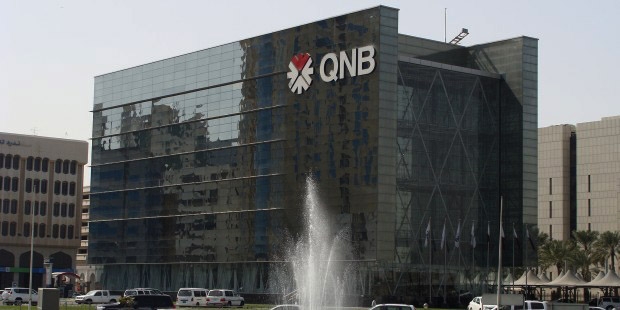Qatar's banking sector seems to have more incentives to expand overseas, signaling more acquisitions, as Gulf lenders overtake European banks as major acquirers in the Middle East and North Africa (Mena) region, according to global credit rating agency Standard and Poor's.
"In Qatar, local banks might have more incentives to expand abroad, as their existing asset base might be hard to sustain when the country's fast-paced infrastructure and investment cycle begins to slow down," S&P has said in its latest report.
"We expect Gulf banks to continue to seek growth opportunities in overseas markets in the next few years," S&P said, adding there are more transactions in the pipeline for 2013.
The European banks, according to the rating agency, will generally continue to focus on consolidating their balance sheets and on their home markets instead of looking abroad.
The Gulf banks are fast replacing European lenders as major acquirers in the Mena region in view of their healthy liquidity and supportive shareholders, it said.
Observing a "sharp" rebound in acquisitions by Gulf banks in 2012, especially in Turkey and Egypt, S&P said as acquirers in Mena, Gulf banks are taking the place of European banks that are shoring up their balance sheets in the aftermath of the financial and sovereign crises.
"Banks in the Gulf have capital to spare, and are literally capitalizing on their traditional strengths such as strong capital positions, healthy liquidity, and supportive shareholders to pursue acquisitions in Mena emerging-market countries, where opportunities for long-term growth exist," S&P credit analyst Timucin Engin said.
Looking at the prices of the announced and realized deals, "we observe that the price of a controlling stake in a financial institution is significantly lower than before the crisis, creating affordable access for long-term business operators", it said in a report titled 'Exit European Banks, Enter Gulf Banks as Major Acquirers in The Region's Emerging Markets'.
"We look at the potential impact on the ratings of issuers on a case by case basis. Potential rating movements depend on a conflux of factors, such as how well capitalized the acquirers will be post-acquisition, how well they will manage the credit exposures arising from these expansions, and whether they will be able to reap potential benefits of diversification," Engin said.
Growth into higher economic risk countries could boost a bank's risk-adjusted capital requirements, lowering our assessment of its capital adequacy, the report said.
However, Gulf banks "generally have supportive shareholders and strong internal capital generation which might serve as a cushion", it added.
Furthermore, these transactions are opportunities for diversification into markets with large un-banked populations, which can provide for longer-term growth.
"A negative factor is that, excluding a few ones, banks in the Gulf usually lack lending and credit underwriting experience outside their region, which we view as a significant risk factor," S&P said.
Gulf Times
4 February
























































